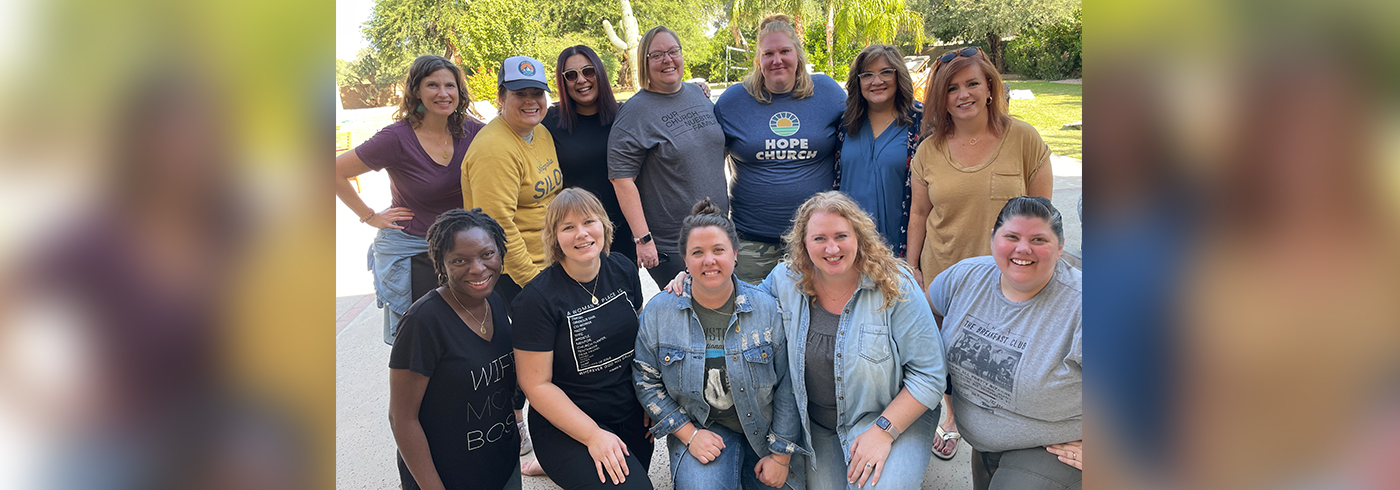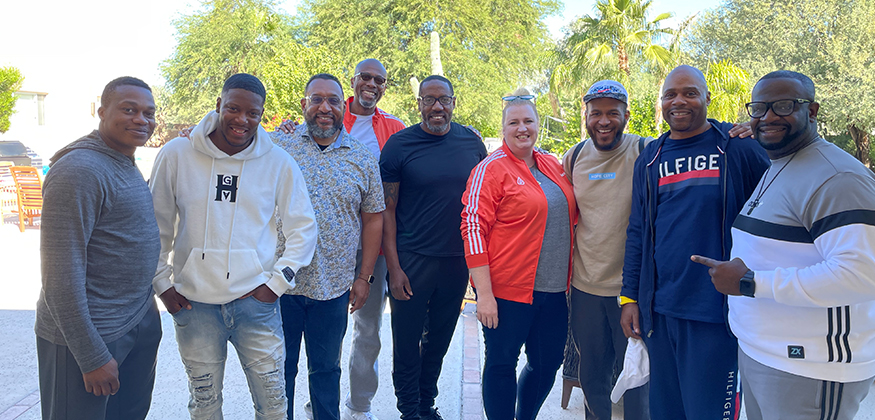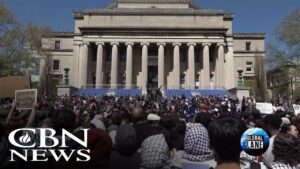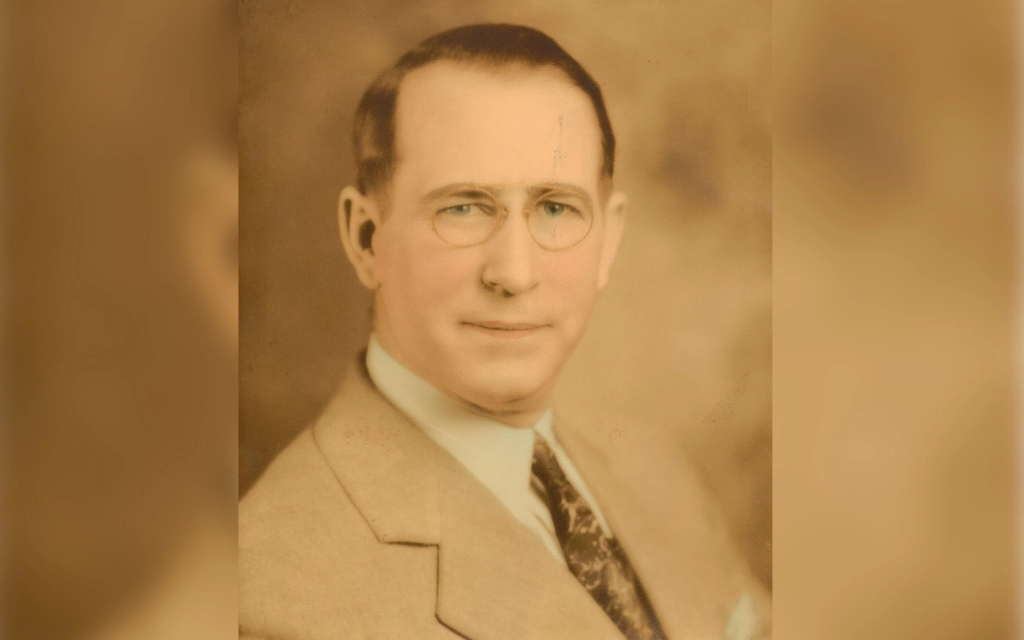Helping Church Planters Thrive
 Grant provides connections for AG women and ethnic minorities to like-minded pastors.
Grant provides connections for AG women and ethnic minorities to like-minded pastors.
KIRKLAND, Washington — The Assemblies of God long has espoused that any credentialed minister regardless of gender or race is qualified to preach from a pulpit. Nearly 28% of AG ministers are women and nearly 30% are non-white. While the growth in diversity has been evident, there is clearly room for more. The gender split is more pronounced among lead pastors. Only 651 out of 10,547, or 6.2%, are women.
Consequently, female and ethnic minority pastors can feel isolated in some circumstances. However, thanks to a $1 million grant from Lilly Endowment awarded through Northwest University (NU), underserved ministry leaders are gaining the opportunity to connect, encourage each other, and be mentored. In the first round, 18 women and African Americans from around the country are participating.
Joshua R. Ziefle and the recently retired Earl Creps, both of NU’s Center for Thriving Church Planters, wrote the proposal. Ziefle is dean of NU’s College of Ministry.
NU’s Center for Thriving Church Planters is administering the grant proposal, which is in the midst of an initial two-year cohort process. Participants come from five distinct demographics: female; African American; Hispanic; Asian American and Pacific Islanders; and rural church planters.
Kathy Kerfoot Cannon is initiative director of the program. She had been lead pastor of Sacred Church in San Bruno, California, for eight years. She also has been a table coach for the AG’s Church Multiplication Network (CMN).
As program director, Cannon, a 41-year-old fourth generation church planter, sees her primary role as providing personal and spiritual development tools and acquainting church planters with others in the AG who are going through similar conditions.
“For these particular areas, ministers must work harder to find relational connections,” says Cannon, who intentionally sought out other female lead pastors when she launched Sacred Church. “Finding someone who looks like you, understands you, and has been on a church-planting journey can be difficult.”
The cohort began with a three-day, all-expenses paid in-person retreat. Nascent church planters cast vision with mentors: Darnell Keith Williams Sr. for African Americans; Oscar Perez for Hispanics; Rebecca Marines for women; and Gerad G. Strong for rural pastors. Afterward, those launching churches agree to meet three hours a month via videoconferencing: one hour in a group meeting, another hour in a peer session, and a final hour in a customized one-on-one consultation.
A LONELY ROAD
Recent church planter Beth Backes is one of the participants. She launched The Table Church in Federal Way, Washington, in April.
“We learn from each other, what works, what doesn’t work,” says Backes, 47. “We have different skill sets, at different levels, and we can share our strengths. The cohort has connected me with other women across the country and I’ve built deep friendships during the inevitable tough times of church planting.”
Backes has a coaching background, which she employs to help others. Those with more of a technology know-how have shown her better ways to reach an online audience.
Despite extraordinary efforts by Northwest Ministry Network Superintendent Don Ross, AG women church planters still are a rarity in Washington. Backes decided to launch a church herself after failing to be hired for church openings as lead pastor. Despite having years of church planting expertise, experience in the network ministry office, and holding a doctorate from an AG university, Backes didn’t received only one call for an interview after applying for six openings.
Ross says many Pentecostals have an obvious misalignment between beliefs and behavior when it comes to women in ministry. Regardless of constitutional acceptance, cultural resistance remains, he says.
Although Ross acknowledged the inequity of women struggling to become a lead pastor, the closed doors Backes faced initially left her discouraged. Then, she says, the Holy Spirit suggested another path.
“God is always hiring church planters,” Backes says.
Still, Backes believes she must be more diligent than her male counterparts because sizable segments in the evangelical Church don’t think women should be lead pastors.
Yet Backes has found some fierce supporters at The Table, which meets in a mall for Saturday night services. A talk-show style presentation of the gospel is made every week in a region where many residents have little religious background or interest.
“Those looking for hope in Jesus don’t care what gender the pastor is,” Backes says.
PEER SUPPORT
After delays caused by the impact of COVID-19, Vandy L. Colter III hopes to launch We Believe Church in Lake Nona, Florida, in the spring. Although he pastored a thriving nondenominational church in New Jersey for 14 years, Colter says the planting cohort has provided him with tools and peer support to plant strategically in an unfamiliar location.
Colter, who is African American, became an ordained AG minister in 2020 after he says he received an invitation through divine providence to a CMN Launch Training event in Tampa.
“I had been trained in homiletics, preaching, administration, and church leadership, but I couldn’t figure out how to plant a church,” says the 60-year-old Colter, who holds doctorates in theology and biblical studies. “It became clear this was the right path. I needed insights into proper systems.”
He subsequently met Cannon at a regional meeting of the AG’s National Black Fellowship. She invited him to participate in the cohort. He has resonated with not only other Black pastors, but all those seeking to pioneer a new congregation.
“This cohort is so valuable because it focuses on what a pastor must endure in planting,” Colter says. “We have pains we have to sift through that we normally keep hidden.”
Participating in the program has been an avenue for emotional self-care, says Vandy, who operates a married couples counseling ministry called Love & Happiness with his wife, Barbara. “In this season of community I have learned I’m not by myself, my hurts are not unique, and temptations are not uncommon.”
Applications for the rural, Latino, and Asian American/Pacific Islander cohorts are now available here.




